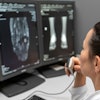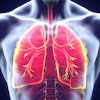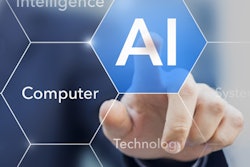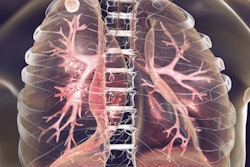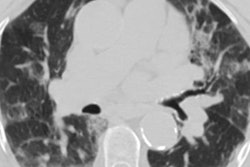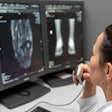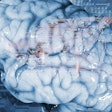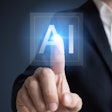Dear Artificial Intelligence Insider,
Is radiology artificial intelligence (AI) technology racist? Researchers have found that deep-learning algorithms can easily learn to identify a patient's self-reported racial identity from medical images at a very high level of accuracy.
Even more troubling, the authors were unable to ascertain how the models arrived at their predictions. As radiologists aren't able to recognize racial identity from images, it'll be very difficult to prevent any unforeseen influence on diagnosis and outcomes that could result from this capability.
Although the study must still be peer-reviewed, its findings could have broad implications on how AI is trained, evaluated, and used in radiology. Our coverage of this groundbreaking research is the subject of this edition's Insider Exclusive.
In other news, researchers have found that an AI algorithm can accurately distinguish between active and healed tuberculosis on chest x-rays. The model yielded better results than pulmonologists and performed similarly to radiologists.
An unsupervised AI model can provide accurate predictions of a COVID-19 patient's survival based on analysis of their chest CT scan. It offered better prognostic performance for disease progression and mortality than lab tests or other image-based visual and quantitative predictive techniques.
The world market for medical imaging AI is poised to grow substantially in the next few years, according to a new report from Signify Research. Market growth is expected to be driven by standalone AI applications, which are projected to account for almost 90% of the total medical imaging AI market by 2025.
AI may also help radiologists detect more rib fractures on CT exams. All radiologists in the study improved their sensitivity after using the algorithm and took less than half of the time to annotate their cases.
In addition, a deep-learning algorithm can quantify plaque volume and stenosis on coronary CT angiography exams, and AI can also assess atherosclerosis and vessel morphology in non-ST-elevation myocardial infarction patients.
An AI model can also provide a high level of accuracy for distinguishing between benign and malignant breast tumors on breast MRI exams.
Do you have an idea for a story you'd like to see covered in the Artificial Intelligence Community? Please feel free to drop me a line.


